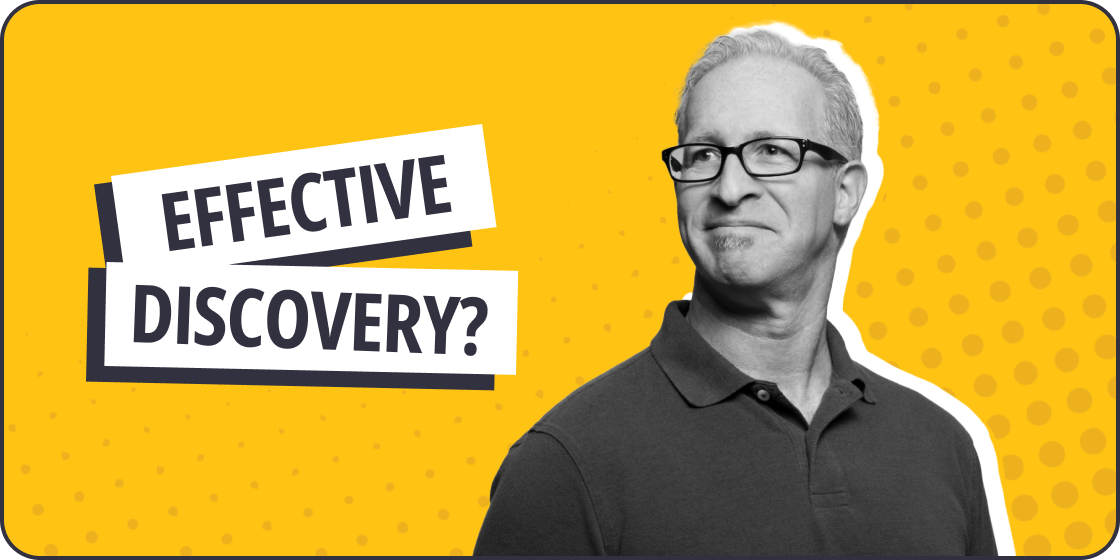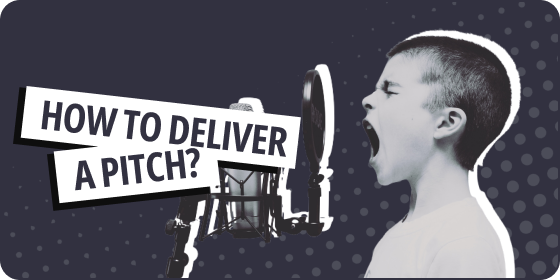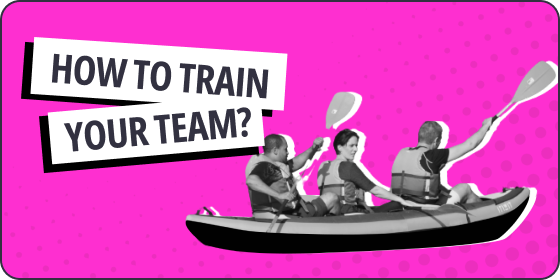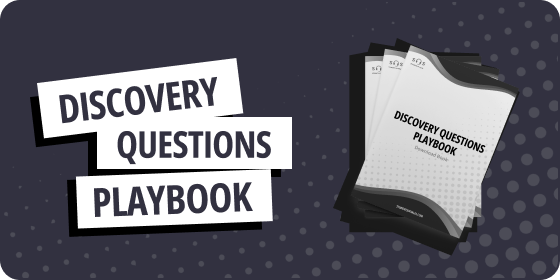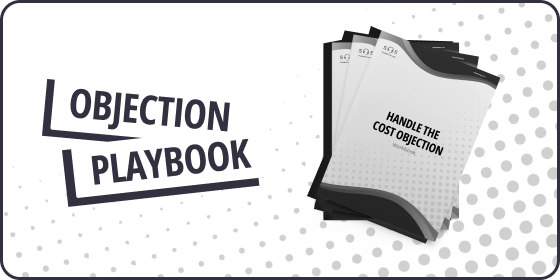Why should you spend less time on motivation and more time on inspiration?

Motivation and inspiration are two closely related concepts, but they are not the same thing. Motivation is an external driving force that moves you to act toward a goal. It is what gives you the desire and determination to do something. Think of it as a ‘push’ motion. Inspiration, on the other hand, is more of a ‘pull’ force, that something bigger and meaningful is driving you internally to achieve a goal. Rather than an external force pushing you by motivating you to achieve something, it’s well documented that internal driving forces like inspiration can pull you towards the goal you are visualizing. Therefore, sales leaders need to focus more on inspiring their sales Team, rather than motivating them.
We had an amazing mentor once, that used to tell us that motivation is a short-term process. It’s very easy to motivate someone, but it only lasts for a certain amount of time. He used to say motivation is like drinking a great cup of coffee. It’s warm, and it feels good, but after you’ve finished the coffee, the caffeine starts to wear off. It only lasts for a period of time. Now imagine you’ve just given an amazing motivational speech for your Team in the morning, you told them how great they are and they are ready to crush the day. That feeling you gave them will wear off within a few hours. Motivation is like a cup of coffee. Motivation is a short YouTube video that gets people fired up for a few hours. People like to feel motivated, but they don’t realize what they truly need is an inspiration. We’re not saying motivation doesn’t work, but it’s just a short-term play as a sales leader.
Inspiring someone is so much harder to achieve. Unlike motivation, this requires you to have a meaningful relationship with the person, in order to have a chance at inspiring them. If you think of ‘Maslow’s hierarchy of needs this will help you understand that everyone has different needs. Starting from physiological needs, safety needs, love and belonging needs, and esteem needs. They are all really important needs to any individual, but in the context of inspiring a salesperson, you need to focus on their ’self-actualization’ needs. In its simplest form, motivation is understanding what car they want to drive. Inspiration is understanding who they want to become. Focusing on ‘self-actualization’ questions gives you the best opportunity to tap into what really makes this person tick. Fancy cars and nice houses are great, but as we all know, money doesn’t buy happiness. Asking questions like:
- What does the best version of yourself look like?
- Do you think you have ever achieved the best version of yourself?
- What actions would you need to take to become this person?
- What do you want to change in yourself?
- Where do you see yourself in 5 years?
- What are you most proud of in your life so far?
- If you achieved something in the next 5 years that would make you proud, what would that be?
- What do you think you can do to help your life be more meaningful?
- Who are your role models and why? Who are you most thankful for?
- What are you passionate about?
- What are the things you feel like you should let go of?
- How can your professional life help you in your personal life?
Now that you have asked these questions, and you have a deeper understanding of who they want to become, the biggest question you can ask is, “how can you help get them there”?
Let’s be realistic, the best you can hope for is to work with this person for several years and you both make a lot of money together. Why not have a profound impact on their life during that time? Yes, we both know there are numbers they need to hit, but understanding them personally, and knowing who they are trying to become personally, will help you both professionally. Focus on them, focus on who they are, focus on who they want to become and focus on how they want to get there. How many people in their life have sat them down and asked them these types of questions? Not many.
A great exercise you can do emails them a set of questions like the above, and tell them you have booked a meeting next week to discuss this. Ask them to have some answers prepared, whatever they are comfortable sharing with you. Watch what happens. They will open up to you. They will share things you never knew about them. They will surprise you with some information, and they will also give you a lot to think about in terms of how to lead them.
You can’t sit down with someone on day one of them being on your Team and ask them these questions. They won’t open up to you, and why should they? If you have welcomed them on your Team, embraced them as a part of your culture, and over-invested in their development for at least 3 to 4 months, that’s when you might be able to inspire them. At this point, they know you care, and they know you are willing to invest in them. This is the perfect time to start working on inspiring them.
Our advice to all leaders is to use all the tools in your ‘Leadership Tool Belt’. Yes, motivation is a tool you can use, but only for a short time. Focus on inspiring your Team for the long haul. There are huge benefits for everyone involved when this is executed well.
Some key questions to ask you as the sales leader would be:
- Do you understand the difference between motivation and inspiration?
- How long does motivation last?
- How do you get people to open up to you and be willing to share their needs?
- I’m sure that you can motivate everyone in your Team, but how many of them are inspired?









